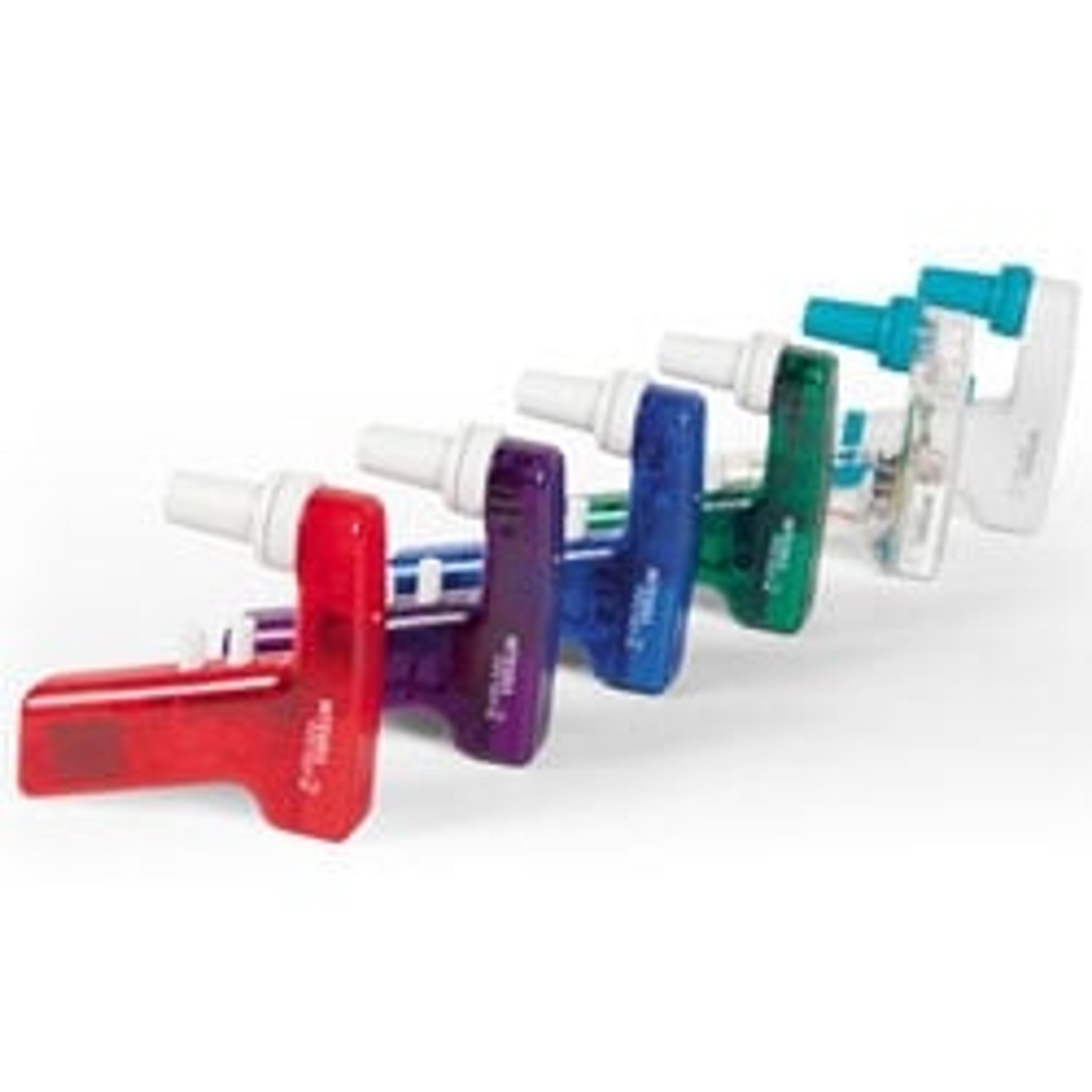Speeding up cell culture workflows with INTEGRA’s serological pipettor
6 May 2021
Anion dysregulation is seen in numerous diseases, from cystic fibrosis and chronic pain to autism and cancer. Researchers at the University of Dallas are investigating anion transport in vivo, developing novel tools to help analyze the effects of both normal and aberrant anion regulation at the molecular level, and are using INTEGRA’s PIPETBOY acu 2 to streamline their cell culture workflows.
Whitney Ong, a joint chemistry graduate student in the Dodani and Smaldone labs at the university, explained: “My research focuses on the development of supramolecular-based sensors for anions, particularly for chloride. The reason we are especially interested in chloride is that it is the most abundant anion in the human body – serving all sorts of functions – and its dysregulation is implicated in diseases such as cystic fibrosis. We’re hoping that our chloride sensing platform could help in its detection, as well as in the diagnosis of a number of other diseases.”
Whitney continued: “We have three PIPETBOY pipette controllers and use them regularly for a variety of tasks during our cell culture set-up, for instance, to make up large volumes of cell culture media, aliquoting and dispensing reagents such as media or antibiotics, resuspensions, as well as to mix different solutions. If we are working with volumes of liquids above 2 ml, we will always use the PIPETBOY; it’s much easier, safer, and more efficient than pouring liquids between glass measuring cylinders, where there is a higher risk of spillages or not pouring out the desired volume. They fit into our workflows perfectly – everyone in the lab loves them.”
Do you use INTEGRA Biosciences products in your lab? Write a review today for your chance to win a $400 Amazon Gift Card>>

